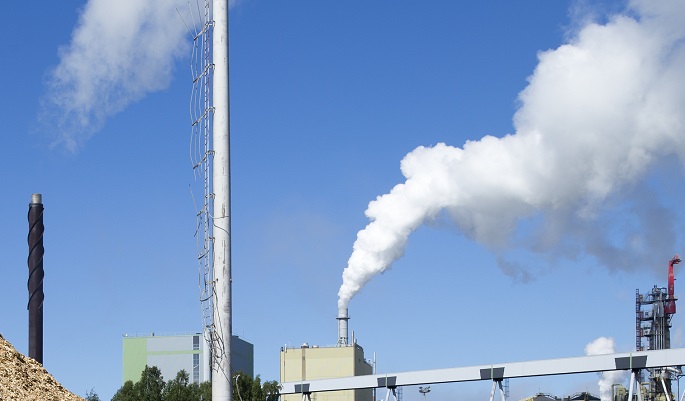EU adopts new rules for state aid to reduce carbon emissions
Published : 21 Sep 2020, 23:51
The European Commission on Monday unveiled new guidelines enabling state aid to prevent polluting industries from moving to non-EU countries where the climate standards are lower, reported Xinhua.
The new guidelines were adopted after the European Commission put forward a plan to further cut emissions by at least 55 percent by 2030.
The adoption was in line with the European Green Deal, which was presented by the Commission in December 2019 as a roadmap for making the EU's economy sustainable and achieving climate neutrality by 2050.
The EU's revised Emission Trading System (ETS) State aid Guidelines, which will enter into force on Jan. 1, 2021, will replace the previous guidelines adopted in 2012.
European Commission Executive Vice-President Margrethe Vestager, in charge of competition policy, said the new guidelines enable member states to support those sectors that, because of indirect emission costs, are most at risk of carbon leakage.
The new guidelines are aiming at reducing carbon leakage, which happens when companies move their operations to countries outside the EU, which have less ambitious climate policies. This leads to less economic activity in the EU and no reduction in greenhouse gas emissions globally, according to the Commission.
Under the new guidelines, the aid will be targeted at sectors at risk of carbon leakage due to high indirect emission costs and their strong exposure to international trade. Based on an objective methodology, 10 sectors and 20 sub-sectors are eligible for the aid.
The compensation will cover 75 percent of costs, rather the previous 85 percent and will not cover non-efficient technologies, to maintain the companies' incentives for energy efficiency.


